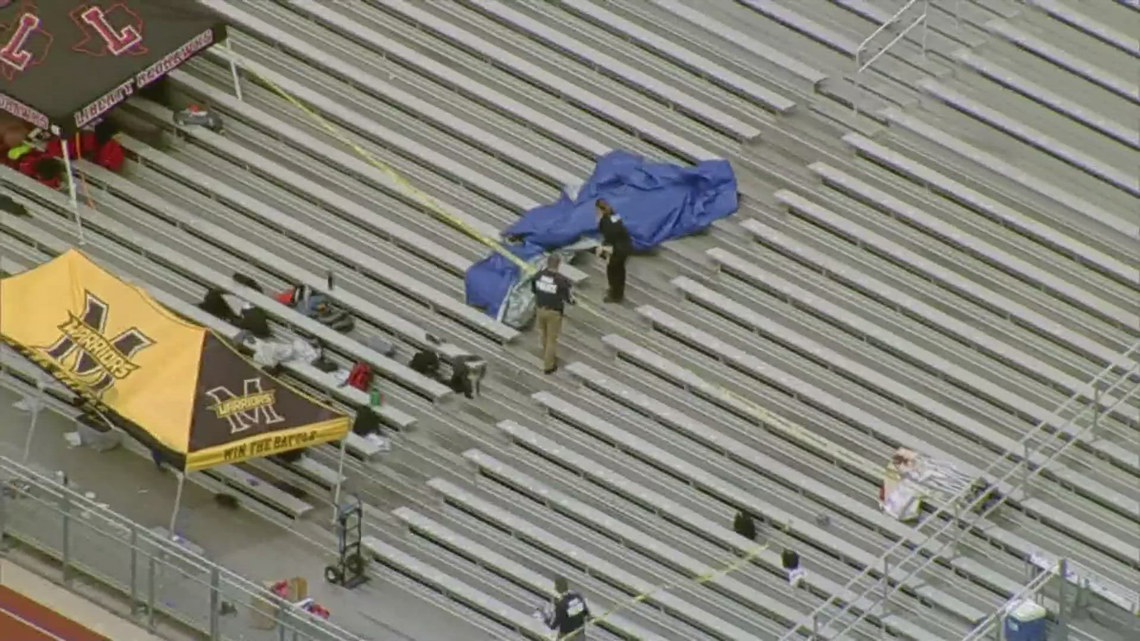
A judge issued a gag order today in the case involving a stabbing at a Frisco track meet earlier this year. Here’s what that entails.
FRISCO, Texas — After a sweeping gag order was issued in the Frisco track meet stabbing case on Monday, the decision left many wondering what a gag order entails.
According to the Foundation for Individual Rights and Expression, gag orders are commonly used by judges to limit the speech of trial participants outside the court while the case is still pending, such as talking about underlying legal proceedings. This is done to minimize harm from publicity before the trial and to ensure litigants receive a fair trial. These gag orders can also sometimes be issued against the media or other parties not involved in the court case.
Gag orders can be scrutinized by courts, but it’s been found in the past that gag orders in lower courts can be justified so as not to influence a jury before a trial.
The order in the Frisco stabbing case, signed by Judge John Roach, bars parties involved in the case, law enforcement, witnesses, and expert consultants from speaking about the case to the media or posting about it on social media unless first approved to do so by the court, records show.
Violations of the gag order may result in being held in contempt of court, fines, or attorney discipline, according to the order.
The case against Karmelo Anthony, 17, a former student at Frisco Centennial High School, who was arrested and charged with murder for fatally stabbing Frisco Memorial High School student athlete Austin Metcalf on April 2 at a championship track meet at Kuykendall Stadium, is set to go to trial June 1, 2026, in Collin County District Court, with Roach presiding. Before the trial begins, there will be hearings and motions, and a plea deal is still possible.
